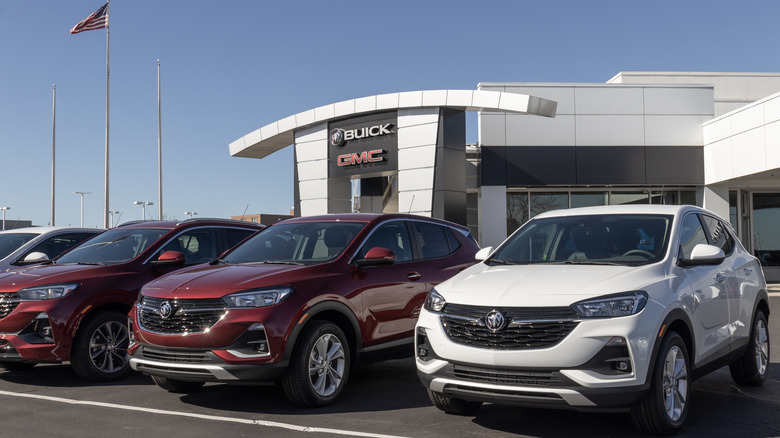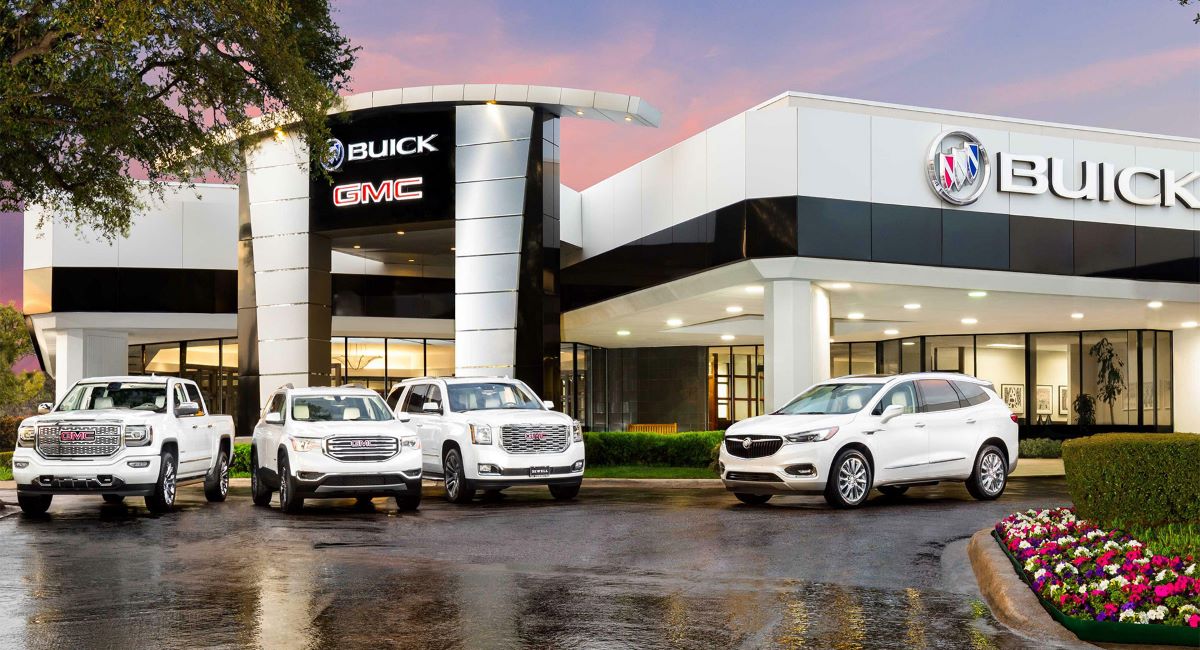General Motors has reduced the size of its Buick dealership network by approximately 50% in the U.S. through an ongoing voluntary buyout program, according to a CNBC report.
This reduction, involving about 1,000 stores, is intended to increase sales per location, or throughput, and boost profits at the remaining dealerships, explained Duncan Aldred, global head of GM’s Buick and GMC brands.
The buyouts also provide an exit option for dealers unwilling to invest in electric vehicles.
“This strategy is allowing us to triple the throughput of the remaining dealers,” Aldred said in an online interview. “I’m pleased with the outcome we’ve achieved.”
Buick plans to continue offering buyouts, which have cost GM around $1 billion so far, into the next year. The remaining dealerships’ average sales are still behind those of GM’s GMC brand, which often shares showrooms with Buick, Aldred noted.
Most dealers who accepted the buyouts were smaller operations, accounting for only about 20% of Buick’s annual sales. The buyout package includes payments to dealers who agree to stop their business operations.
The voluntary buyout program, which began last year with Buick’s approximately 2,000 U.S. franchise dealers, supports the brand’s shift to exclusively offer electric vehicles in the U.S. by 2030.
Dealers are required to invest in training, tools, and specialized equipment for the transition to electric vehicles.

Buick has not specified the exact investment costs, as they can vary based on dealership size and scope.
Aldred emphasized that reducing the dealer network was necessary regardless of the all-electric plan, which is still targeted for 2030.
However, he noted that achieving this goal will depend significantly on future customer demand and acceptance of electric vehicles, stating, “We will very much play to the market demand.”
Currently, Buick does not offer electric vehicles in the U.S. Its lineup consists of four gasoline-powered crossovers and SUVs, with starting prices between approximately $22,400 and $43,900.
In China, Buick offers hybrid vehicles, but Aldred did not disclose whether these hybrids will be offered or imported into the U.S. Hybrids are increasingly seen as a way for automakers to meet stricter U.S. fuel economy standards, especially with slower-than-expected EV sales.
Buick’s U.S. sales are rebounding from the impact of the coronavirus pandemic and supply chain disruptions. Through the third quarter, sales had increased by 63% compared to the previous year’s low levels.
The brand sold fewer than 104,000 vehicles in 2022, down from around 207,000 in 2018 and 2019 before the pandemic.
The introduction of the new small crossover, the Envista, and the normalization of fleet sales are expected to help Buick return to pre-pandemic sales levels, Aldred said.







Leave a Reply